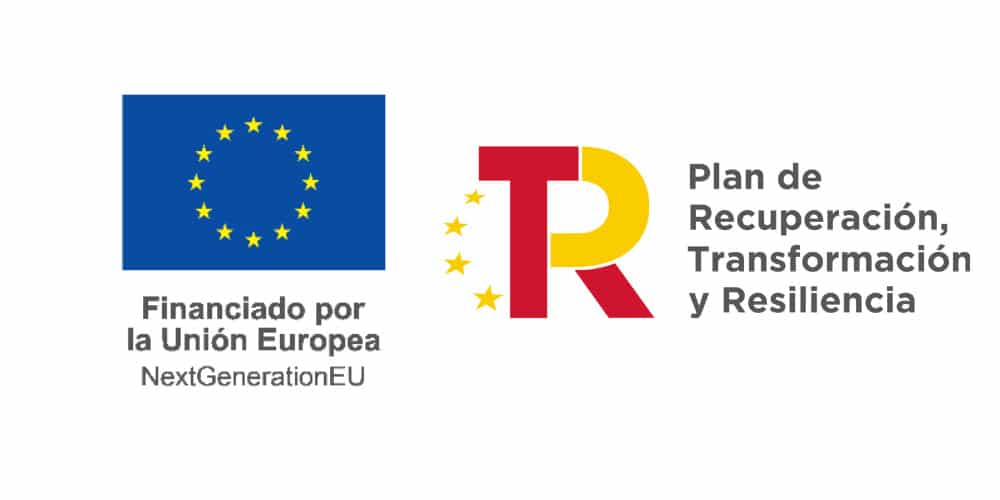
Personal Tax Spain: Income Tax Non-Residents (Model 210)
In Spain, Modelo 210 plays a crucial role in the tax obligations of non-residents deriving income from Spanish sources. This guide offers an overview of Modelo 210, detailing its purpose, who needs to file it, the types of income it encompasses, and the essential steps for compliance.

Introduction
Modelo 210 is a crucial tax declaration in Spain specifically designed for non-residents who earn income from Spanish sources. This comprehensive guide will provide an overview of Modelo 210, outlining its purpose, who needs to file it, the types of income it covers, required documentation, filing procedures, deadlines, penalties for non-compliance, and additional resources.
What to Know
Modelo 210 is a crucial tax declaration in Spain specifically designed for non-residents who earn income from Spanish sources. This comprehensive guide provides an overview of Modelo 210, outlining its purpose, who needs to file it, the types of income it covers, required documentation, filing procedures, deadlines, penalties for non-compliance, and additional resources.
What is Modelo 210?
Modelo 210 is the tax declaration form used by non-residents in Spain to report and pay taxes on income derived from Spanish sources. This includes rental income from properties located in Spain, capital gains from the sale of Spanish assets, and other income generated within the Spanish territory by individuals who are not considered tax residents of Spain.
Who must file Modelo 210?
Any individual or entity that is not considered a tax resident of Spain but earns income from Spanish sources is required to file Modelo 210. This includes:
- Non-resident property owners renting out their Spanish properties.
- Non-residents earning income from the sale of Spanish assets, such as Real Estate or securities.
- Individuals or entities receiving other types of income from Spanish sources, such as royalties or dividends.
Modelo 210 covers various types of income derived from Spanish sources, including but not limited to:
- Rental income from Spanish properties.
- Capital gains from the sale of Spanish Real Estate or securities.
- Income from royalties, dividends, or other investments in Spanish companies.
- Any other income generated within the Spanish territory by non-residents.
How to prepare Modelo 210
Required Documentation
To accurately complete Modelo 210, non-residents will typically need the following documentation:
Deadlines
The deadline for submitting Modelo 210 depends on the type of income and the frequency of payments. Generally, rental income must be declared and paid quarterly, while capital gains from the sale of assets may have different deadlines based on the specific circumstances. It is essential to consult the Spanish Tax Agency or a tax advisor for the most accurate information regarding deadlines.
Penalties for Non-Compliance
Failing to file Modelo 210 on time or providing inaccurate information can result in penalties, including fines and interest on unpaid taxes. Non-compliance with Spanish tax obligations can also lead to legal consequences and restrictions on future activities within the country.
Additional Resources
For further assistance with Modelo 210 and Spanish non-resident taxation, non-residents can utilize the following resources:
- Spanish Tax Agency Website: The official website provides comprehensive information, forms, and guidelines for non-resident taxation.
- Tax Advisors: Professional tax advisors specializing in Spanish non-resident taxation can offer personalized assistance and ensure compliance with all tax obligations.
How Can Accompany Help?
Accompany provides expert services to assist non-residents in managing the complexities of Modelo 210 and their Spanish tax obligations. Our team of experienced tax professionals provides tailored advice, assists with accurate and timely filing, and helps manage all required documentation. By partnering with Accompany, non-residents can ensure compliance, avoid penalties, and simplify their tax processes in Spain.
Conclusion
Modelo 210 is a vital tax declaration for non-residents earning income from Spanish sources. By understanding the requirements, deadlines, and procedures for filing Modelo 210, non-residents can fulfill their tax obligations and avoid penalties and legal issues. If assistance is needed, non-residents should consider consulting tax professionals with expertise in Spanish non-resident taxation for guidance and support.


